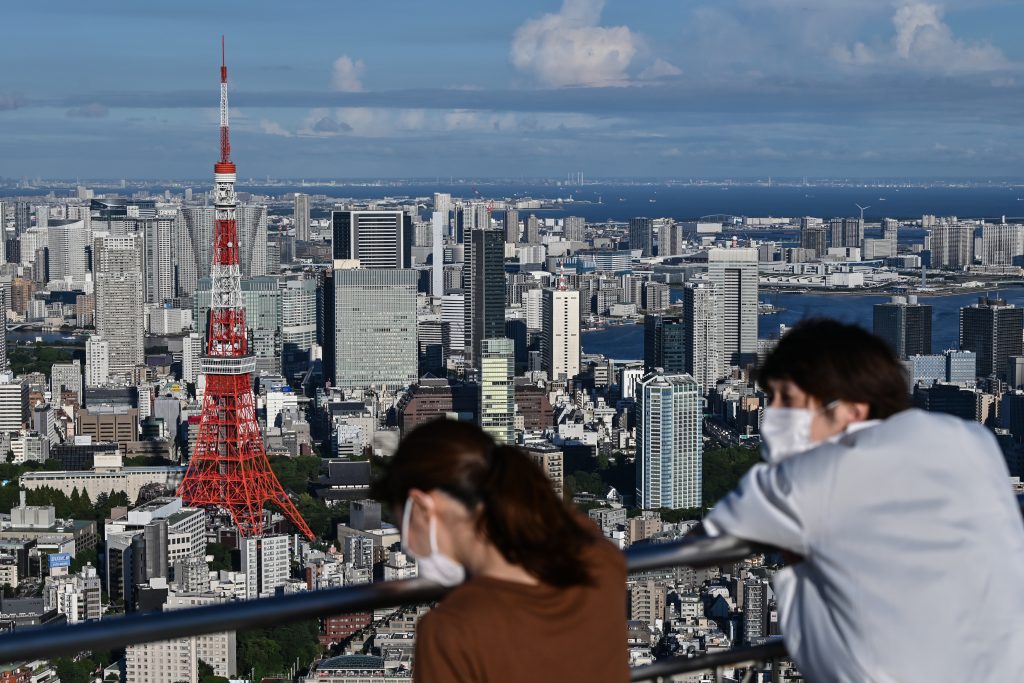
- ARAB NEWS
- 31 Jul 2025

TOKYO: Japan’s health ministry plans to set penalties for people who refuse to cooperate in investigations to track infection routes of the novel coronavirus, government sources told Jiji Press on Thursday.
The ministry aims to revise related laws to establish the punishment, in addition to setting up a system to speed up the approval of drugs and systematize the treatment of asymptomatic and mild-symptom coronavirus patients in accommodation facilities.
According to the sources, some COVID-19 patients have refused to comply with requests to cooperate in investigations seeking to track potential infection sources and people who were in close contact with them, citing their right to privacy. Such acts have stalled measures to deal with infection clusters.
The health ministry is planning penalties for those who refuse, interfere with, or evade cooperation with such investigations, the sources said.
It hopes to revise the infectious diseases law to establish the penalties, aiming to submit a bill in the extraordinary session of parliament, expected to be held in autumn.
However, its schedule for submitting the bill is uncertain, as many argue that the prospect of setting penalties should be discussed carefully as they could limit the rights of individuals.
The ministry also hopes to allow expedited approvals of drugs by revising the special measures law to combat new strains of influenza that was recently revised to cover the coronavirus, or the pharmaceuticals and medical devices law.
The government had hoped to give approval to the influenza drug Avigan as a treatment for COVID-19 by mid-May, but gave up after clinical trials failed to prove its efficacy in time.
The ministry is also considering setting up a system for quarantining coronavirus patients with no or light symptoms in accommodation facilities or their homes for treatment. It hopes to revise the infectious diseases law or the special measures law so that patients can be advised to stay in hotels or at home, and forced to do so if they do not comply.
It is also seeking to revise the special measures law so that medical facilities established during the state of emergency as temporary measures can continue to function after the emergency is lifted.
JIJI Press